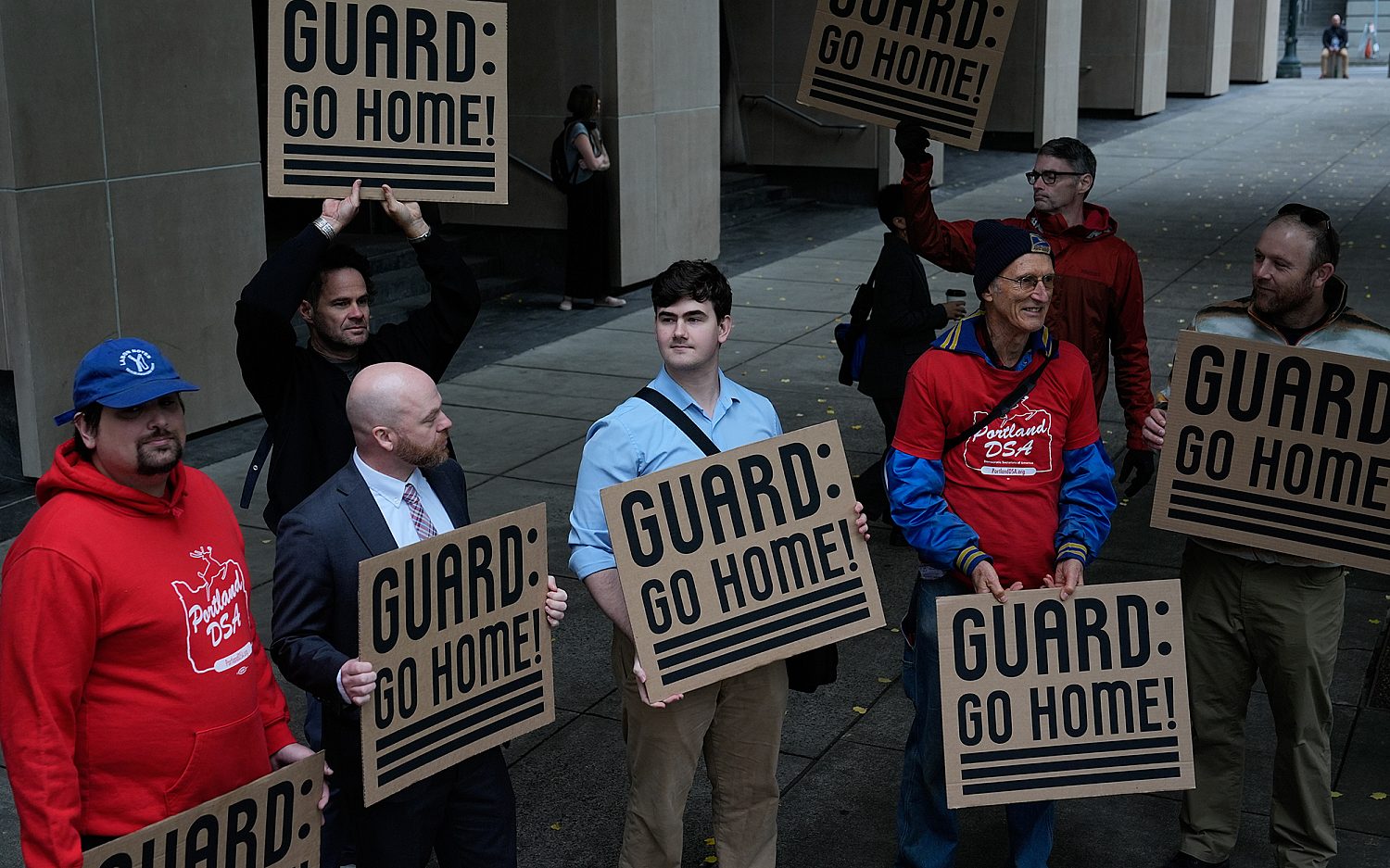Russell Moore on cultural slings and arrows
SBC's Ethics and Religious Liberty president talks about equipping the church to share the gospel in sometimes hostile territory
Russell Moore is the president of the Southern Baptist Convention’s Ethics and Religious Liberty Commission (ERLC), which recently held a major conference on marriage and sexuality in Nashville that more than 1,300 people attended. I attended that conference, as well, and talked with Moore, who was the convener for the event. Moore previously served at the Southern Baptist Theological Seminary, the flagship seminary of the Southern Baptist Convention. He was the dean of the School of Theology there. He also served as senior vice president for academic administration and as a professor of Christian theology and ethics. We had this conversation backstage at the ERLC conference, which was covered widely by the national media and live-tweeted by homosexual activists.
The conversations here are often fairly sophisticated and nuanced, theologically and culturally. That doesn’t come across on Twitter and on Facebook and even in the mainstream media that are covering the event. As someone who is putting this event on, do you have to grin and bear it? Sure. Anybody who has a conversation about issues of marriage and sexuality right now is going to face all sorts of slings and arrows. What we need to do is to equip people in churches to be able to minister to hurting people in their communities.
That’s your audience, not the gay activists who are re-tweeting you? Our audience is people in communities that need to be reached with the gospel. People in communities [who] need to be discipled with the gospel, people in churches who need to know how to love their neighbors and how to carry the gospel with conviction and with kindness.
I respect and appreciate that answer. Yet, I think it is also fair to say Christian conservatives such as yourself do have to be heard by the culture at large. I think, though, that the culture exists with a lot of people who are not necessarily the activists. They’re the people who are wondering, “Is there a place for me in the gospel of Jesus Christ?”
Do you agree that part of the problem is that, even in the evangelical culture, love means one thing: romantic love? That's exactly right. … We’re having trouble there because of the way that we go through and we preach even about marriage, rekindling the sexual vitality in your marriage, and all those—which is an important thing to do. I think it can give people this idea of, … “What it looks like to find my soul mate is this hormonal flush of reaction that one hears about in popular music.”
It seems like when you’re talking about recovering marriage and love, you are also talking about recovering faith formation and catechism. It is. What we’ve done is we deal with the immediate situation in each life stage. You teach children how to be godly children and teenagers how to be godly teenagers. That’s true. We have to start teaching children how to be faithful, senior adults. We have to start working all the way through the life cycle and then teaching what it means to be part of a community and embedded in a community. When it comes to religious liberty, for instance, I think that's crucially important. One of the things my tradition brings to the broader body of Christ is this concentration on religious liberty, on freedom of conscience. We really have to do a better job equipping the next generation and understand what that looks like.
It’s been said, Dr. Moore, that you bring a different vibe to the ERLC than your predecessor. You are speaking more into the cultural conversations in ways that can be heard by the culture. Is that fair? I don’t have any critique of the ERLC as it was before. I’ll just say [what] I think I’m called to do. I’m called to live out what the Apostle Paul says to Timothy in II Timothy 2, which is to speak with kindness to all people. That’s not a kindness that is accommodation. He says, “To reprove, to teach, to exhort,” but to do that recognition with what the real problem is. The real problem is spiritual warfare. I think we need to be equipped to do spiritual warfare, which means that we speak not only what Jesus says but how Jesus says it. My primary burden is to try to help to model for people. Most people in our churches don’t have to go on MSNBC and debate people. They all have to talk to that Wiccan neighbor. I think we need to know how to do that.
Early in your career, you worked for a Democratic congressman. Is it fair to say that being able to talk to both Democrats and Republicans has prepared you for this? The congressman I worked for, Gene Taylor, was a pro-life, pro-family Democrat. I was in different rooms of people who had nothing to do with one another at different times, both caricaturing the other. I think, probably, the Lord did use that to prepare me for this. … Gene was a really maverick-y sort of a guy who didn’t fit into typical categories. I think I learned a lot from him about what it means to live a life of integrity.
A reporter at a press breakfast this morning asked you, “Should the Southern Baptist Convention take responsibility for the psychological harm that they are bringing?” What was your answer to that? I don’t think the gospel brings psychological harm. I think that meanness brings psychological harm. I think we’ve had mean Christians in a lot of cases. I think that’s clearly true. … There’s a mindset that unless one lives out one’s sexual desires, one is mentally harmed. That’s a framework that I just talked about a few minutes ago with Sam Allberry, the author of the book Is God Anti-Gay? who talks about the life of Jesus, who is not psychologically harmed but who lives out a life of singleness.
Abraham Kuyper famously said, “There is not one thumb’s width of the universe over which Christ does not declare mine.” This Kuyperian vision that God is sovereign overall and that we, as His stewards, should be actively involved in all spheres of life comes through pretty strongly in your life in ministry. I think Kuyper was right about that. I think we have to have a understanding of the fact that God is Lord of everything, and God sends us out into all the various spheres. We also have to have an understanding that the focus of the kingdom in the present era is in the church. We have to have our first focus upon the life of the church. That then forms us. It shapes us to be sent out into the world to carry out that cultural mandate.
What do you do for fun? Right now, I mostly play with my five kids. We have five sons from 13 to 2.
That’s mostly sports? Is there any music involved in there? Some of them play sports. One of them plays guitar. One of them is learning to play guitar. He's doing pretty well at it so far.
Are you a music guy yourself? I don't play music, but I consume music.
Who are your favorites? George Jones, Merle Haggard. I like the old style—Hank Williams Sr., the old country stuff.
I often ask folks this question, even though I think many of our listeners would hope you have many years of life in ministry ahead of you. What do you want on your tombstone? What, actually, I have instructed to be on my tombstone is the quote from the thief on the cross. He said, “Lord, remember me when you come into your kingdom.”
Listen to Warren Smith’s full conversation with Russell Moore on Listening In:
An actual newsletter worth subscribing to instead of just a collection of links. —Adam
Sign up to receive The Sift email newsletter each weekday morning for the latest headlines from WORLD’s breaking news team.





Please wait while we load the latest comments...
Comments
Please register, subscribe, or log in to comment on this article.